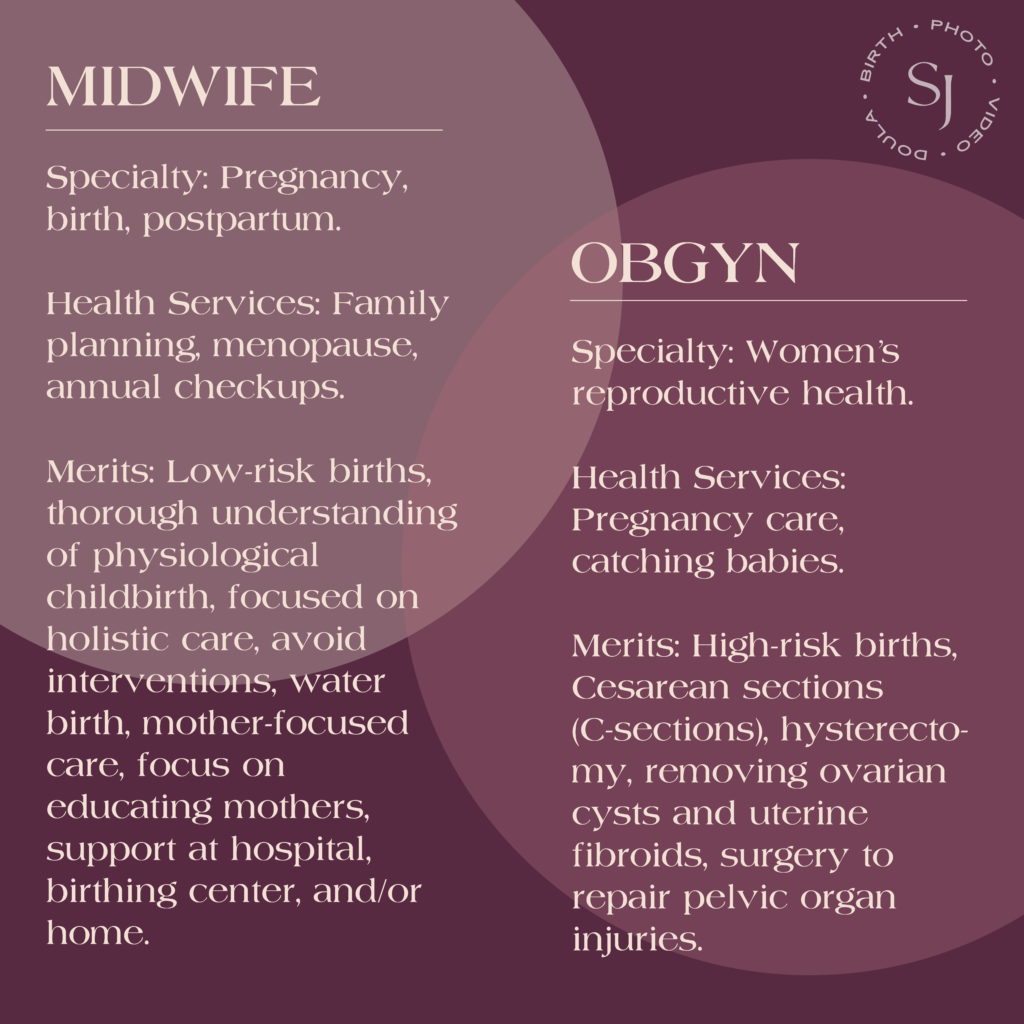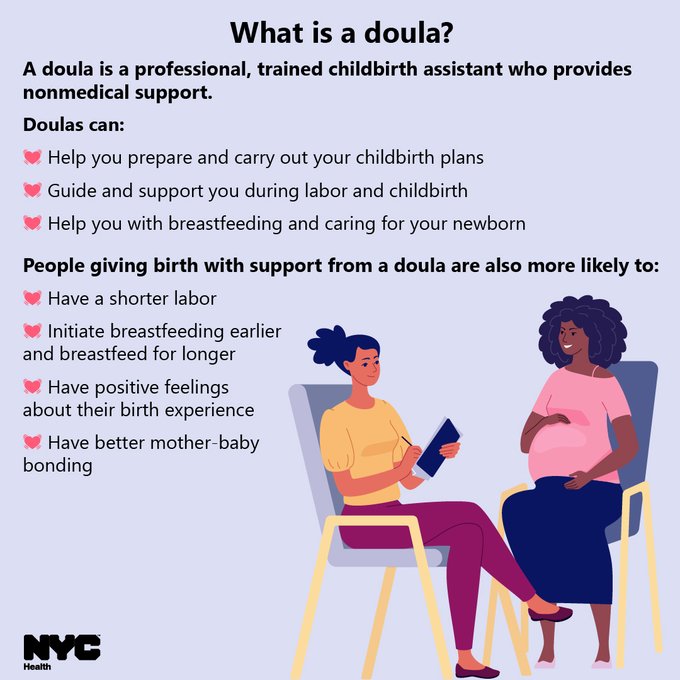Midwife/OB

Permission granted by SusanStange.com
Doula

Back to Work/School
Consider reaching out to your insurance provider about what pumps are available to you.
I will be happy to assist with ideas on what to consider.
Breastfeeding resources are vital for several reasons, as they play a crucial role in supporting breastfeeding mothers and promoting optimal infant health. Here are some reasons why breastfeeding resources are essential:
Promoting Breastfeeding Initiation: Breastfeeding resources provide information and support to expectant mothers, encouraging them to initiate breastfeeding soon after birth. Education on the benefits of breastfeeding and practical guidance on breastfeeding techniques can help mothers make informed decisions about infant feeding.
Supporting Breastfeeding Success: Breastfeeding can be challenging, especially in the early weeks postpartum. Breastfeeding resources offer lactation support and assistance to mothers experiencing difficulties such as latching problems, low milk supply, or discomfort. Access to skilled lactation consultants, peer support groups, and breastfeeding helplines can help mothers overcome obstacles and achieve successful breastfeeding outcomes.
Providing Evidence-Based Information: Breastfeeding resources offer evidence-based information on breastfeeding best practices, infant nutrition, and maternal health. This information helps mothers understand the importance of breastfeeding for both maternal and infant health and empowers them to make informed decisions about breastfeeding and infant feeding.
Addressing Common Concerns and Questions: Breastfeeding resources address common concerns and questions that breastfeeding mothers may have, such as milk supply issues, breastfeeding in public, returning to work while breastfeeding, and breastfeeding after returning to work. By providing accurate information and practical tips, breastfeeding resources help mothers navigate these challenges with confidence.
Promoting Maternal and Infant Health: Breastfeeding has numerous health benefits for both mothers and infants. Breastfeeding resources educate mothers about the health benefits of breastfeeding, including reduced risk of infections, improved bonding between mother and baby, lower rates of childhood obesity, and decreased risk of certain chronic diseases later in life. By promoting breastfeeding, breastfeeding resources contribute to improved maternal and infant health outcomes.
Fostering Supportive Communities: Breastfeeding resources help create supportive communities of breastfeeding mothers who can share their experiences, offer encouragement, and provide emotional support to one another. Peer support groups, online forums, and community breastfeeding events connect mothers with others who are also breastfeeding, reducing feelings of isolation and fostering a sense of belonging.
Advocating for Breastfeeding-Friendly Policies: Breastfeeding resources play a role in advocating for breastfeeding-friendly policies and environments. By raising awareness about the importance of breastfeeding and the need for supportive policies in healthcare settings, workplaces, and public spaces, breastfeeding resources help create a more supportive and breastfeeding-friendly society.
Overall, breastfeeding resources are essential for promoting, protecting, and supporting breastfeeding as the optimal feeding choice for infants. By providing education, support, and advocacy, breastfeeding resources contribute to improved maternal and infant health outcomes and foster breastfeeding-friendly communities.
